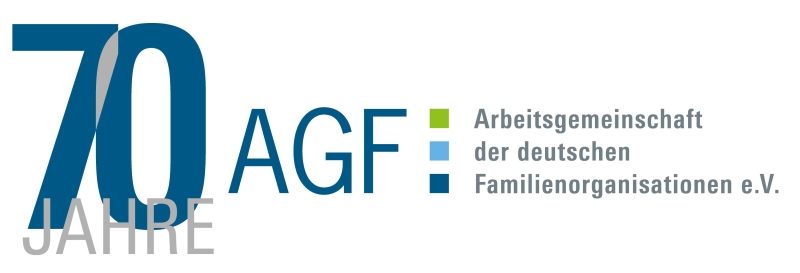Derzeit wird auf der Europäischen Ebene der Vorschlag für eine neue Verordnung zur Verhinderung und Bekämpfung von Kindesmissbrauch im Internet diskutiert. Der Vorschlag soll die bislang nicht ausreiechenden Regelungen zum Schutz der Kinder verbessern und sieht mehrere Komponenten vor. Bislang hat in Deutschland vor allem der Begriff der “Chatkontrolle” dominiert, während andere Inhalte des Vorschlags weniger beachtet wurden.
In einer Kooperation mit dem Europäischen Zusammenschluss der Familienorganisationen diskutiert die AGF am 16. Februar in einem Fachgespräch mit weiteren Expert/innen die Ziele, Inhalte und die weiteren Schritte des aktuellen Vorschlags sowie weitere Schutzmaßnahmen.

